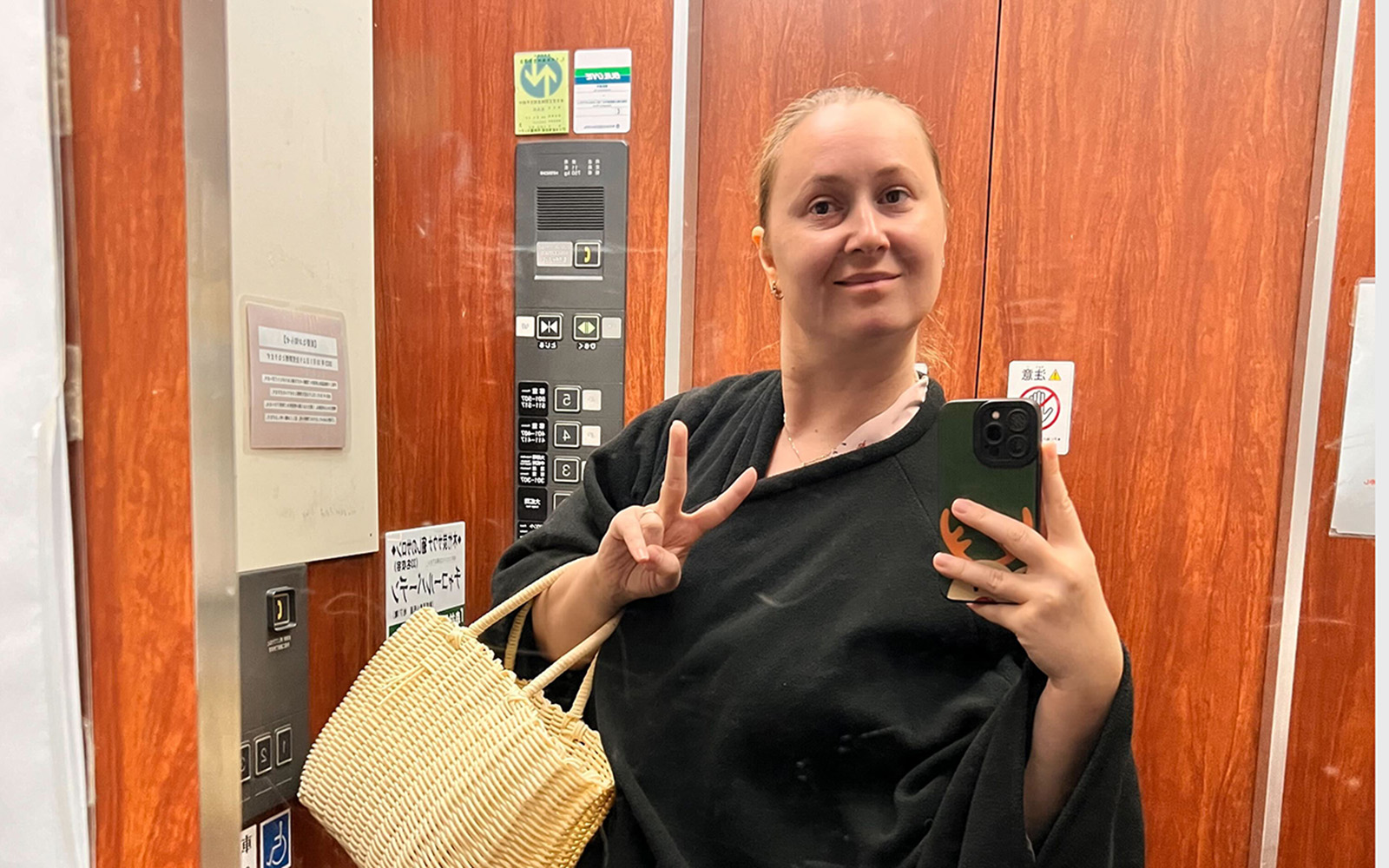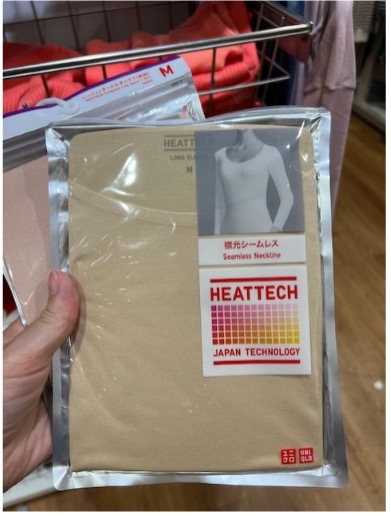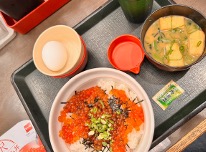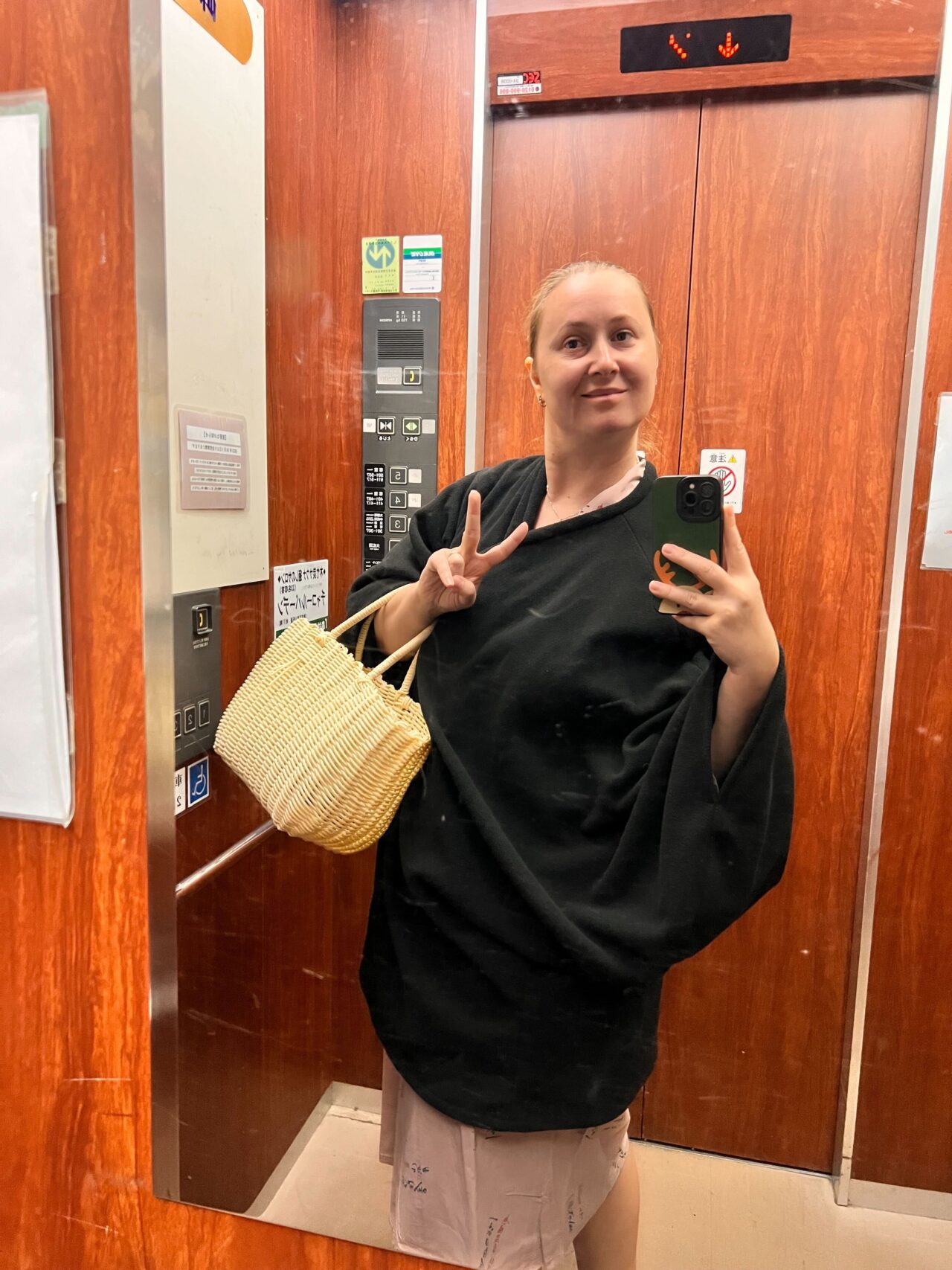10 Things I Thought I Wouldn’t Do Until I Moved to Japan


Written by
Name: Andra
Country of origin: Romania
How long you’ve lived in Japan: Fully in Japan since Feb 2023 (resident since Sept 2022)
Where you live in Japan: Tokyo
Instagram
Moving to Japan has been full of surprises. There are so many things I never imagined I’d do—yet here I am, doing them like they’re completely normal. Japan has a way of changing your habits, sometimes in funny and unexpected ways. Here are 10 things I thought I wouldn’t do until I moved to Japan:
1. Using an umbrella in summer like it’s no big deal
Before coming to Japan, I thought umbrellas were only for rainy days. I used to laugh at people using them under the sun and think, “just wear sunglasses!” But Japan’s summer isn’t just hot—it’s humid, sticky, and feels like walking in soup.
Now, I proudly carry my sun umbrella everywhere. It keeps me cool, protects me from the brutal UV rays, and I’ve realized… it works. And sunscreen? I used to ignore it, but now I won’t leave the house without applying it. People in Japan take sun protection seriously, and I now understand why. Walking under the intense summer sun, without an umbrella or sunscreen, feels like a challenge against nature that I’m not ready to face anymore.
2. Wearing heat tech clothes like a pro

Before moving here, I didn’t even know what heat tech was. Back home, I just wore a regular sweater and hoped for the best. But in Japan, when winter comes, everyone is wearing these magical thin clothes that keep you super warm.
I thought, “Nah, I don’t need that.” Then winter hit, and I realized I was freezing while everyone else looked comfortable. Now, I have heat tech shirts, leggings, socks—basically, I’m a walking heat tech advertisement. What surprises me the most is how lightweight they are compared to my old bulky winter clothes. They make winter feel so much more manageable and comfortable.
3. Warming up the bathroom before a bath/shower
Okay, this one was really strange for me at first. In Japan, you can warm up your shower room before taking a bath. What? Why? Back home, I’d just jump in and deal with the cold.
But in Japan, I learned the hard way that stepping into a freezing bathroom in winter is not an option I would like to choose. Now, I press that magical button, warm up the bathroom, and enjoy my bath like I’m in a spa. I can’t believe I used to take showers in the cold and just suffer through it. This small luxury makes such a difference in daily life, and now I can’t imagine living without it.
4. Eating raw eggs and raw meat
I used to think eating raw eggs was dangerous. In Romania and the UAE, no one eats them raw because they might make you sick. I always thought raw eggs = stomach problems.
But in Japan, people put raw eggs on rice, noodles, even meat. At first, I was like, “No way, I’m not doing that.” Then, I tried it… and wow, it’s so good. The eggs here are super fresh and safe, and now I can’t imagine my rice without a raw egg on top. The creamy texture and rich taste of raw eggs have completely won me over.
And raw meat? If someone told me a few years ago that I’d be eating raw meat, I’d laugh and say, “never!” But Japan has some amazing raw meat dishes, and guess what? I tried them, and I actually liked them. Now, I don’t even hesitate when someone suggests it. Dishes like gyu tataki (lightly seared beef) or basashi (horse meat sashimi) are delicacies here, and I appreciate the care and attention that goes into preparing them safely.

5. Sorting garbage like a recycling expert
Before Japan, I just threw everything into one trash can and called it a day. There was close to 0 recycling rules. But in Japan, sorting garbage is serious business.
Every day, there’s a different type of trash to throw out—plastic, burnable, non-burnable, cans, bottles, paper… it never ends. At first, I thought, “why is it so complicated?” But now, I’m a pro at it (well, most of the time). It can be annoying, but hey, it’s all part of the experience. The detailed sorting system has made me more aware of my consumption habits and the importance of recycling. Though I still struggle with remembering which day is for what, and that’s why my garbage recycling schedule is posted on my fridge!
6. Apologizing for everything I do
In Japan, people apologize for everything. Bumped into someone? Apologize. Someone bumps into you? You apologize to them. Walked too close to someone? Apologize. Took too long to find your wallet at the register? Apologize again.
At first, I thought it was weird, but now I do it without thinking. I find myself apologizing in situations where I normally wouldn’t back home. It’s like a reflex at this point. I used to think saying sorry all the time was unnecessary, but now I realize it’s just a way of showing consideration and politeness in daily life.
In Japan, apologizing is a big part of daily life and social etiquette. There are different ways to say sorry depending on the situation, level of formality, and relationship with the person you’re addressing. Here are some common ways to apologize in Japanese:
- すみません (sumimasen) – A commonly used phrase for saying sorry in casual situations, such as bumping into someone or asking for attention. It also doubles as “excuse me.”
- ごめんなさい (gomen nasai) – A polite way to apologize, often used when you’ve made a mistake or done something wrong. The shorter version, ごめん (gomen), is used in informal settings among friends.
- 申し訳ありません (moushiwake arimasen) – A very formal and sincere way to apologize, often used in professional or serious situations. The even more polite version is 申し訳ございません (moushiwake gozaimasen).
- 失礼しました (shitsurei shimashita) – Used when you’ve been rude or caused inconvenience, like entering a room without permission or interrupting someone.
- お詫び申し上げます (owabi moushiagemasu) – A highly formal way to apologize, used in business letters and formal announcements.
- 許してください (yurushite kudasai) – A way to ask for forgiveness when you’ve made a serious mistake.
In Japan, apologies are often accompanied by a slight bow, which shows sincerity and respect. The deeper the bow, the more serious the apology.
7. Eating cooked food from the supermarket
Back home, supermarket food wasn’t something I’d eat unless I had no other choice. But in Japan, supermarket meals are fresh, tasty, and super convenient.
The best part? Discounts after a certain time. If you go in the evening, you can get delicious sushi, fried chicken, or bento boxes for half the price. Now, I actually look forward to supermarket trips and planning my dinner around the best discount hours. It’s like a fun little game to see what tasty bargains I can grab before they sell out.
8. Standing in line and getting annoyed for queuing
When I first arrived in Japan, I was annoyed at how long people would queue for restaurants. I thought, “why wait when there are empty tables inside?”
Later, I realized that those tables were actually reserved or part of a system where you have to wait your turn. Now, I’ve accepted it, but I still can’t help but get a little annoyed when I see an empty table I can’t sit at. Japanese people have a lot of patience, and I’m slowly learning to have some too.
In my home country, waiting in line for too long was annoying. But in Japan, people stand in line for everything—food, events, trains… and nobody complains.
9. Experiencing onsen culture
One of the things I never thought I’d do before moving to Japan was bathing in an onsen with strangers. The idea of getting completely naked in front of others seemed terrifying at first. In my home country, privacy is a big deal, and public baths are not common. But in Japan, onsens are an essential part of the culture, known for their relaxation and health benefits.
After some convincing from friends, I finally gave it a try, and it was surprisingly relaxing. The warm, mineral-rich water feels amazing, and after a while, you stop caring about being self-conscious. Now, visiting an onsen is one of my favorite things to do, especially in winter. It’s a great way to unwind and soak in the beautiful natural scenery often found at these hot spring resorts.

10. Being prepared for any disaster
One thing I never thought I’d do until I moved to Japan is being constantly prepared for disasters. Japan is prone to earthquakes, typhoons, and other natural disasters, and people take preparedness very seriously. You can easily buy emergency kits online, or even put together your own at home.
I made sure to prepare an emergency kit for myself, stocked with essentials like water, food, a flashlight, batteries, and first aid supplies. But I didn’t stop there—I also made one for my pets! It includes pet food, water, a blanket, and other important items to ensure their safety if anything happens. These kits are always readily available, giving me peace of mind in case of an emergency.
Living in Japan has made me do so many things I never thought I’d do. Some of them seemed strange at first, but now they feel totally normal. Japan has a way of changing you, and honestly, I love it.
If you’re planning to move to Japan or even visit, just be ready—you might end up doing things you never imagined too.
